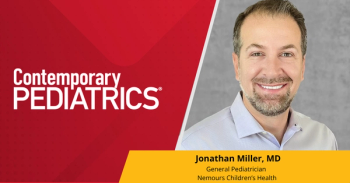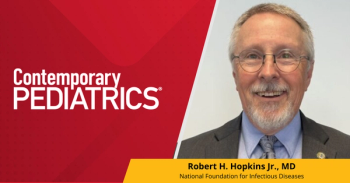
Encouraging teen decision-making to improve vaccination behaviors
A study examines whether an intervention that promotes including teenagers in the decision-making process for getting vaccines leads to better outcomes, such as vaccine literacy.
As children move into adolescence, the desire to be more independent and have a say in their own health care, among other issues, grows. Providing vaccines to teenagers through a program in school give them a chance to be involved in their health decision-making, which can lead not only to growing autonomy but also vaccination literacy. A
Investigators used students who were in their first year of high school in Western and South Australia. Control schools ran vaccination programs as they typically would. Intervention schools ran a multicomponent program that included an education platform and a shared decision-making tool that students took home with a vaccine consent form. The HPV Adolescent Vaccination Intervention Questionnaire was developed by the investigators and used to measure changes in adolescent knowledge, fear and anxiety, decision making, and self-efficacy.
A total of 40 schools with 6967 students were included in the study. There were 21 schools/3805 students in the intervention arm and 19 schools/3162 students in the control arm. Overall response rate for the questionnaire was 55%. The response rate was significantly lower in Western Australia where parental consent was required, 35%, than in South Australia where it is not, 97%. The average score for decision-making in the intervention group before the administration of the first dose was 3.50 (0.42) of 5 points and 3.40 (0.40) in the control group. A small difference that favored the intervention group was noted in reduced vaccination-related anxiety (pre–dose 1 difference, −0.11 point [95% CI, −0.19 to −0.02 point]; pre–dose 2 difference, −0.18 point [95% CI, −0.26 to −0.10 point]; pre–dose 3 difference, −0.18 [95% CI, −0.24 to −0.11]) and increased vaccination self-efficacy (pre–dose 1 difference, 4.0 points; [95% CI, 1.0 to 7.0 points]; pre–dose 2 difference, 4.0 points [95% CI, 2.0 to 6.0 points]; pre–dose 3 difference, 3.0 points [95% CI, 1.0 to 5.0 points]). A focus group that included a subset of 111 teenagers from both intervention and control schools found that students felt less anxiety and more confidence after each administered dose of the HPV vaccine.
The investigators concluded that the intervention did promote vaccine-related health literacy, which led to improved confidence linked to vaccines as well as a reduction in fears over needles. These improvements held throughout the entirety of the vaccine course. Programs for adolescent vaccination in school should consider adopting tools that encourage shared decision-making.
Reference
Davies C, Marshall H, Zimet G. Effect of a school-based educational intervention about the human papillomavirus vaccine on psychosocial outcomes among adolescents: analysis of secondary outcomes of a cluster randomized trial. JAMA Netw Open. 2021;4(11):e2129057. doi:10.1001/jamanetworkopen.2021.2905
Newsletter
Access practical, evidence-based guidance to support better care for our youngest patients. Join our email list for the latest clinical updates.







